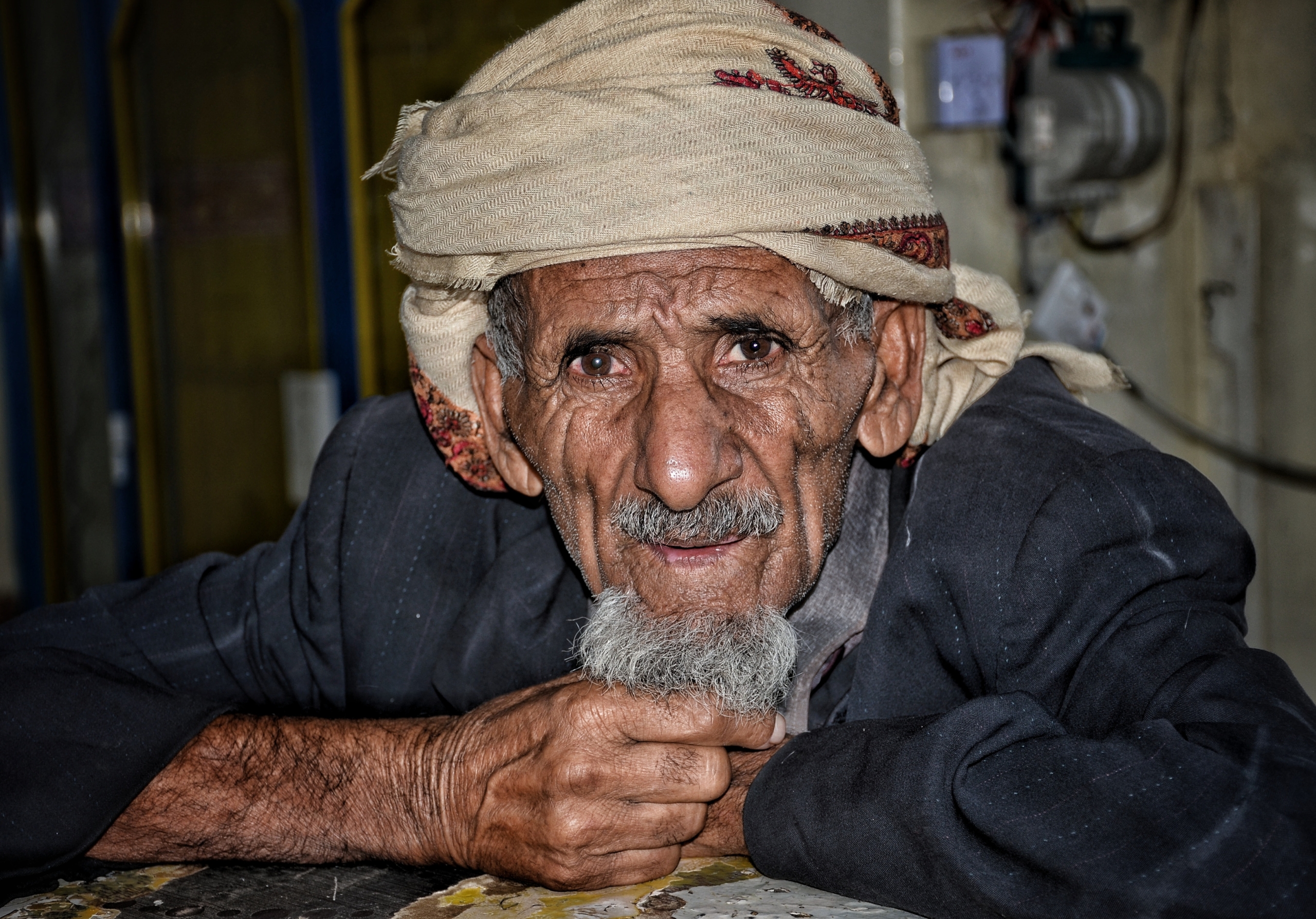The Impacts of the Ongoing War in Yemen
 The war in Yemen began in 2014 when Shiite rebels linked to Iran took control of the largest city and the capital of Yemen, Sana’a. During this period, rebels demanded lower fuel prices as well as a new government. They also seized the presidential palace after failed negotiations and President Abd Rabbu Mansour Hadi resigned along with his government. The rebels have gained significant territory and the civil war continues to this day. The citizens of Yemen have been directly affected by the fighting for almost 10 years. And for more than a decade, the basic human needs of the population of Yemen have not been met.
The war in Yemen began in 2014 when Shiite rebels linked to Iran took control of the largest city and the capital of Yemen, Sana’a. During this period, rebels demanded lower fuel prices as well as a new government. They also seized the presidential palace after failed negotiations and President Abd Rabbu Mansour Hadi resigned along with his government. The rebels have gained significant territory and the civil war continues to this day. The citizens of Yemen have been directly affected by the fighting for almost 10 years. And for more than a decade, the basic human needs of the population of Yemen have not been met.
In 2023, the United Nations (U.N.) estimated that 24.1 million people in Yemen are at risk of hunger and around 14 million Yemenis are in need of acute assistance. Poverty has worsened in recent years, affecting approximately 71% to 78% of the Yemeni population.
The Water Crisis
Yemen is facing one of the most severe water crises globally, as reported by USAID. Basic human necessities, including water and sanitation, are not reaching the Yemeni people due to the ongoing war in the country.
Since 2018, USAID has taken significant steps to address this crisis, aiding over 1.5 million Yemenis lacking access to water, sanitation and hygiene facilities. Through these efforts, 505,000 Yemenis now have access to clean sewage systems and handwashing facilities, improving sanitary conditions. Additionally, USAID’s education initiatives have made a substantial impact, benefiting the people of Yemen in need. The organization has successfully increased access to clean water for 650,000 Yemenis since 2018.
Access to Health Care
The ongoing war in Yemen has had a significant impact on the health care system. According to the World Bank, only 50% of health facilities are completely functional and more than 80% of the population in Yemen has significant trouble accessing basic health care.
Organizations like Doctors Without Borders play a crucial role in providing health care services to the Yemeni people. The organization’s website displays its efforts to improve the quality of life for those in Yemen. Doctors Without Borders runs a mother-and-child hospital in Yemen. This hospital was established in 2016 and is located in Taiz Houban. It offers a wide variety of services, including trauma care, neonatal care and therapeutic feeding.
For people living in conflict-riddled countries, the mental health impacts are severe due to the ongoing trauma, violence and struggle for survival. For this reason, Doctors Without Borders established a mental health clinic located in Al-Jomhouri Authority Hospital where the team provides mental health services, including counseling.
Malnutrition
Children under the age of 5 are particularly vulnerable to malnutrition due to the civil war. In 2022, UNICEF reported that 2.2 million children in this age group are facing acute malnutrition, along with 1.3 million pregnant individuals. According to the U.N., 7 million people are food insecure in Yemen, with 17 million people needing humanitarian assistance.
Doctors Without Borders noticed an increase in malnutrition cases in its hospitals in Amran governorate since May of 2022. With the availability of clinics and hospitals, there may be ways to combat malnutrition, especially in children.
Food insecurity levels in Yemen have worsened, with an increase from 31,000 to 161,000 people facing extreme hunger. Rising food prices and the inability to afford nutritious items have contributed to the crisis. In 2022, flour increased by 38%, canned beans increased by 38% and eggs increased by 35%. These price increases have made it very difficult for many people in Yemen to afford food.
Looking Forward
The Yemeni population still faces dire consequences from the ongoing war, including malnutrition, limited access to clean water, and deteriorating mental health. The U.N. stresses the urgent requirement for aid as the conflict endures. Humanitarian access and donor cooperation remain crucial in supporting Yemen’s people. In April 2023, China played a role in mediating talks between Iran and Saudi Arabia to seek a political resolution and bring an end to the conflict. These discussions include plans to reopen embassies and restore diplomatic relations.
– Abigail DiCarlo
Photo: Unsplash
